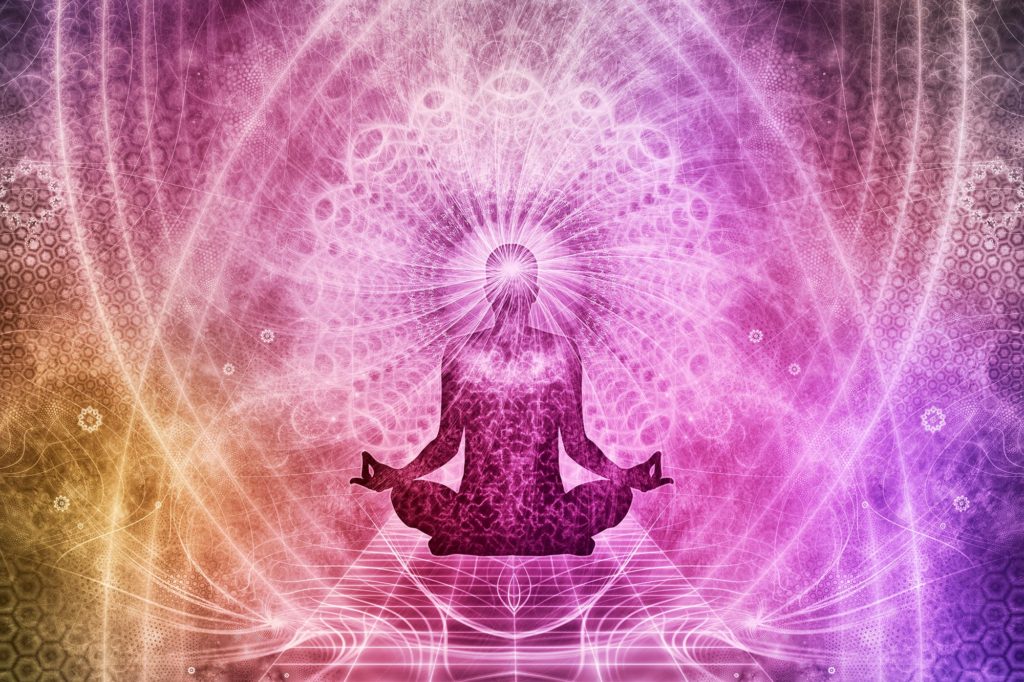
The First Tenet of Elementalism: consciousness is the prima materia.
Consciousness is the original source from which all else manifests. Consciousness is eternal and immutable, being outside of time and space. As such, it is the one thing whose existence needs no explanation. Those asking where consciousness came from have based their question on illogical premises.
This is the first teaching of Elementalism, because it needs to be understood before anything else can be understood. Consciousness came first, before language, before thought, even before the division into masculine and feminine.
The mystery of consciousness is much simpler than most people today, lost in materialism, could hope to realise. The truth is that consciousness is more fundamental than the material world. It existed for an eternity before the material world first manifested, and will exist for an eternity after the material world unmanifests.
Because consciousness is more fundamental than language, it cannot be described in language. As such, there are no definitions of consciousness that make any sense. Anyone who is conscious knows what consciousness is, and therefore doesn’t need to have it defined. The Elementalist doesn’t try to define consciousness. The assumption is that anyone trying to define it doesn’t understand it.
Elementalism teaches that materialism is to ontology what Flat Earth Theory is to astronomy. It’s a nonsense theory that was only believed because an illusion was apparent. Every Elementalist understands that materialism is a primitive theory for those who don’t get it.
The idea that consciousness evolved from biological processes of natural and sexual selection will, one enlightened day, be categorised alongside the idea that the Moon is made of cheese. It’s an absurdity that was only accepted thanks to a profound collective misdirection.
Consciousness has always existed, since before there were even bacteria on Earth, because consciousness dreamed up the Earth, and not the other way around. The Elementalist knows that consciousness is the primary element of all those that exist. All else is dependent upon it. This is the First Tenet.
Consciousness, then, in its creative infinity, is the same thing as God. The consciousness possessed by the individual is an infinitely small fragment of the total glory possessed by God. All of us that are conscious (which is all of us) are God.
Accepting the First Tenet will require a radical shift in mindset for most people. The average Westerner is conditioned to believe that physical matter is the prima materia, and that their own consciousness is something that evolved out of ever-complexifying self-reproducing organic forms.
Knowing consciousness to be the prima materia, the Elementalist is unafraid of death, recognising the death of one’s body to merely be a change of physical form. Because consciousness is the prima materia, all else is mere perception, which rises and falls like the wind. That which perceives remains resolute in eternity.
Anyone who understands the First Tenet also understands the Good News of Elementalism, which is that consciousness, being the prima materia, necessarily survives the death of one’s physical body. This is called the Good News of Elementalism because it means that all suffering is transient, even the anxiety of death.
An Elementalist can immediately overcome any death anxiety by recalling the First Tenet. Meditating regularly upon the First Tenet will build a spiritual armour that defends from any fears grounded in biology. The one who meditates regularly upon the First Tenet will know that all of the horrors of this world are nothing more than the illusion of threat, and their combined power is nothing more than the ability to alter perception.
Understanding the First Tenet leads naturally to the Second Tenet, which describes what one is conscious of.
*
This chapter is an excerpt from Elemental Elementalism, the foundational scripture of the new religion of the Age of Aquarius.
*
If you enjoyed reading this essay/article, you can get a compilation of the Best VJMP Essays and Articles of 2020 from Amazon for Kindle or Amazon for CreateSpace (for international readers), or TradeMe (for Kiwis). A compilation of the Best VJMP Essays and Articles of 2019, the Best VJMP Essays and Articles of 2018 and the Best VJMP Essays and Articles of 2017 are also available.
*
If you would like to support our work in other ways, please consider subscribing to our SubscribeStar fund. Even better, buy any one of our books!
